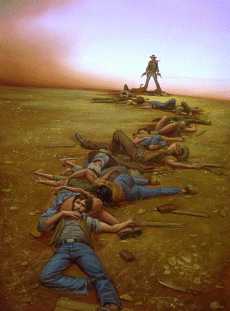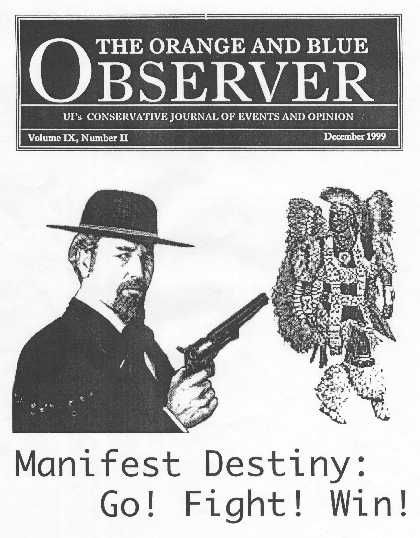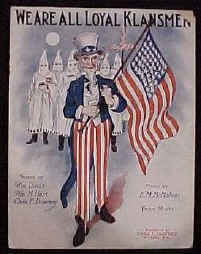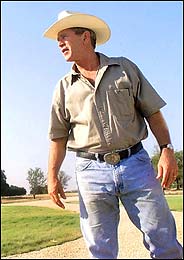Why is American history so murderous?
By Jill Lepore
What accounts for this remarkable difference? Guns leap to mind: in 2008, firearms were involved in two-thirds of all murders in the United States. Yet Roth, who supports gun control, insists that the prevalence of guns in America, and our lax gun laws, can’t account for the whole spread, and a few scholars have argued that laws allowing concealed weapons actually lower the murder rate, by deterring assaults. Some Europeans suspect that Americans haven’t undergone the same “civilizing process,” as if, unmoored from Europe, Colonial Americans went murderously adrift. Spierenburg speculates that democracy came too soon to the United States. By the time European states became democracies, the populace had accepted the authority of the state. But the American Revolution happened before Americans had got used to the idea of a state monopoly on force. Americans therefore preserved for themselves not only the right to bear arms—rather than yielding that right to a strong central government—but also medieval manners: impulsiveness, crudeness, and fidelity to a culture of honor. We’re backward, in other words, because we became free before we learned how to control ourselves.
Perhaps unsurprisingly, not everyone buys these arguments, and Monkkonen himself took a different, though equally conjectural, approach. At the time of his death, he had been working on an article called “Homicide: Explaining America’s Exceptionalism,” which hypothesized that four factors accounted for the centuries-long differences between American and European homicide rates: mobility, federalism, slavery, and tolerance. Mobility breaks social ties; federalism is a weak form of government; slavery not only rationalized a culture of violence among white Southerners (where the murder rate has been disproportionately high, as it has, and remains, in many of the so-called law-and-order states) but also infected American culture; and American judges and juries have historically proved less willing than their European counterparts to convict murderers, tolerating, among other crimes, racial murders and killings by jealous spouses.
For starters, consider Frederick Jackson Turner's Frontier Thesis: the idea that the frontier has defined America. Critics have challenged this thesis but never really disproved it. I think it stands as a good explanation of the American character.
The thesis says America is all about the freedom of open spaces and unexplored land. The corollary to this is the freedom to shoot guns without government intervention. In other words, the Wild West mentality so evident in our history. Frontier justice. If someone does something bad, it's our "right" to plug him.
Founding America on an "uncivilized" continent was basically like giving guns to boys and telling them to do whatever they wanted with them. Hence the Euro-Americans quickly devastated the deer and beaver populations in the East. And eventually exterminated the passenger pigeon and nearly exterminated the buffalo. Why did so many Americans fire so many billions of rounds? Because it's fun to shoot at moving targets.

Frontier means Indians
The corollary to the corollary is the presence of Indians. From almost the beginning, the Euro-Americans demonized the Indian as a skulking savage. He was out to scalp us, to rape our women and steal our children. We had to kill him before he killed us (an early version of the Bush doctrine).
And if a bunch of dead Indians conveniently let us appropriate the most fertile land, build towns and cities on it, and become immensely wealthy? Well, what a coincidence! We killed those rotten varmints and became the most powerful nation on earth, but they brought it on themselves. It had nothing to do with our culture of greed and selfishness...nothing!
Since we refused to negotiate in good faith or honor the treaties we signed, the Indians were a constant "threat." In other words, a threat we invented to justify our murderous ways. "Those Indians won't leave us alone now that we've moved into their territory. Get me my gun, Ma!"
So Indians justified the widespread ownership and use of guns. And that led to the high murder rate in the US. Case closed, if you ask me.

Explaining murder's ups and downs
Why did the murder rate increase in 19th century? Escalating conflicts with Indians leading to the all-out Indian Wars. And don't forget the first major wave of European immigrants: another excuse to demonize the "other" and then shoot him. "They're coming to steal our jobs and our rightful place in society! Get me my gun, Ma!"
Why did the murder rate increase in the second half of the 20th century? Civil rights for blacks against the wishes of many whites. Like the Indians and immigrants before them, blacks became the new "skulking savage." "They're rising up! Coming to rape our women and steal our children! With their jazz, rock 'n' roll, and rap, if not literally! Look at the way they shimmy and shake--it's obscene! Get me my gun, Ma!"
The same is undoubtedly true of equal rights for women. American men--even minority men--couldn't stand the thought of women rising up and taking what was "rightfully theirs." If the rates of rape and domestic violence didn't soar during this same period, I'd be extremely surprised. "If you don't shut up, Ma, I'll have to shoot you!"

Conclusion
In short, America's unregulated frontier mentality combined with the racist hatred of non-Anglos led to the prevalence of guns. Perhaps these ideas are simply my way of restating the "mobility, federalism, slavery, and tolerance" theory. But I've taken what was implicit and made it explicit. Frontier + Indians = guns + murder.
By the way, I don't think I'm saying anything new here. I believe these ideas form the basis of Richard Slotkin's Gunfighter Nation. It's one of the many books I have but haven't read yet. I'm almost afraid to because I'm sure it will be stunningly great.
For more on the subject, see Why White Boys Keep Shooting and America's Cultural Mindset.
P.S. Since a few of our readers don't understand generalizations and can't handle criticism of their white ancestors, there will be no free comments on this posting. Send me your comments and I'll post them if I like them.


1 comment:
More support for my thesis:
http://www.amazon.com/Marriage-Violence-American-Literary-ebook/dp/B001FSIQNY/ref=kinw_dp_ke?ie=UTF8&m=AG56TWVU5XWC2
Marriage, Violence and the Nation in the American Literary West
by William R. Handley
Review
"Focused by necessity on the ambiguous legacy of Frederick Turner's frontier thesis and deliberately crossing borders between literary criticism and historiography, this book makes a major contribution to the literature on western American cultural studies. Highly recommended." Choice
"He [Handley] shows that much of the brutality involved intra-ethnic or domestic violence, which novelists depicted as a product of a frontier society floundering for stability once the threat from Indians and other enemies waned." The Chronicle of Higher Education
"William R. Handley's book demonstrates an important and fascinating argument: in twentieth century American literature, after the Native has been domesticated, scenes of white American domesticity and marriage turn violent, as Empire brings its guns home. With sophisticated analyses and fresh readings that are intelligent, lively and forceful, Handley's work will make a real difference in scholarship of the American west and in American Studies." Lee Mitchell, Princeton University
Post a Comment